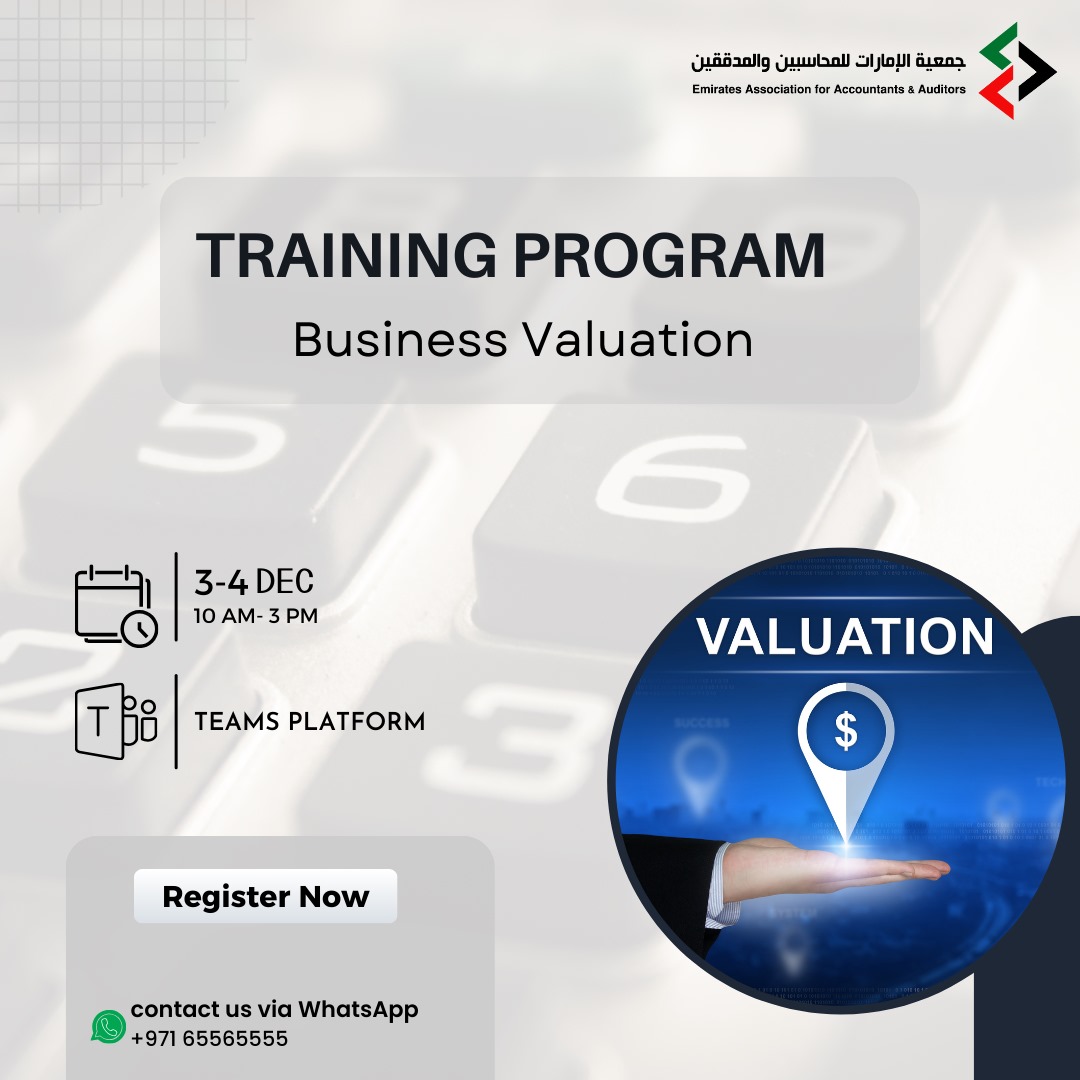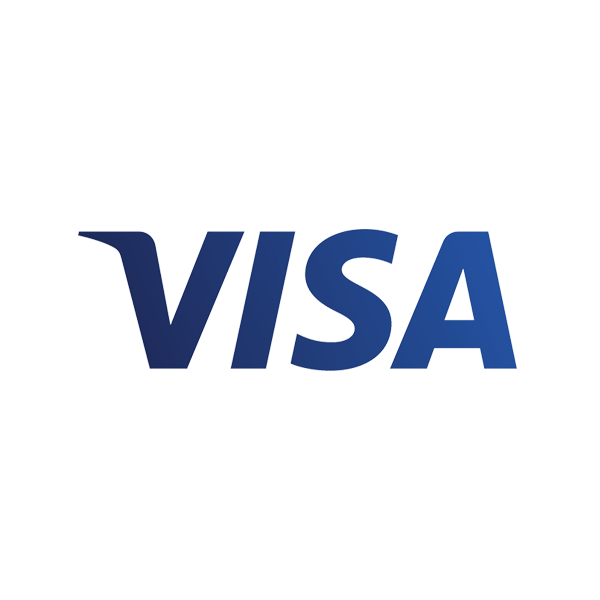Course Title: Business Valuation
Course Objectives:
By the end of this course, participants will be able to:
• List and differentiate between the important components of a basic business valuation report and how to effectively present the results of valuation analysis.
• Explain financial statements’ Analysis (story telling) and design excel and graphs for financial statements analysis.
• Understand various factors impacting valuation that cannot be discretely modelled.
• Understand the difference between equity and enterprise value and when to use each of them.
• Understand what discounted cash flow analysis is, how to calculate free cash flow, WACC and NPV
Target Audience:
• Chief Executive Officers, general managers, Chief Operating Officers, accounting managers, financial analysts, controllers, credit analysts, risk analysts, relationship managers.
Contents:
Business valuation is a critical process in the world of finance and commerce, offering a systematic approach to determining the economic worth of a company. Whether driven by the need for mergers and acquisitions, financial reporting, taxation, or strategic decision-making, business valuation plays a pivotal role in providing stakeholders with insights into the intrinsic value of an enterprise. This multifaceted discipline draws upon various methodologies and frameworks to assess a company's assets, liabilities, and overall financial health. Through a combination of quantitative analysis, market dynamics, and industry comparisons, business valuation seeks to unveil the true value of an entity, aiding investors, executives, and other interested parties in making informed and strategic decisions.
Course Outline:
Day 1:
• Introduction to Business Valuation
• Fundamentals of Financial Statements
• Financial Statements Analysis
• Analyzing Industry and Market Trends
• Fundamental Valuation Concepts
• Valuation for Financial Reporting
• Regulatory Framework (IVS)
• Creating a comprehensive valuation report
Day 2:
• Valuation Approaches
• Market Approach (CCA)
• Income Approach (DCF)
• Asset Based Approach
• Sensitivity Analysis and Scenario Planning
• Cost of Capital (WACC)
• Mergers and Acquisitions (M&A) Valuation










